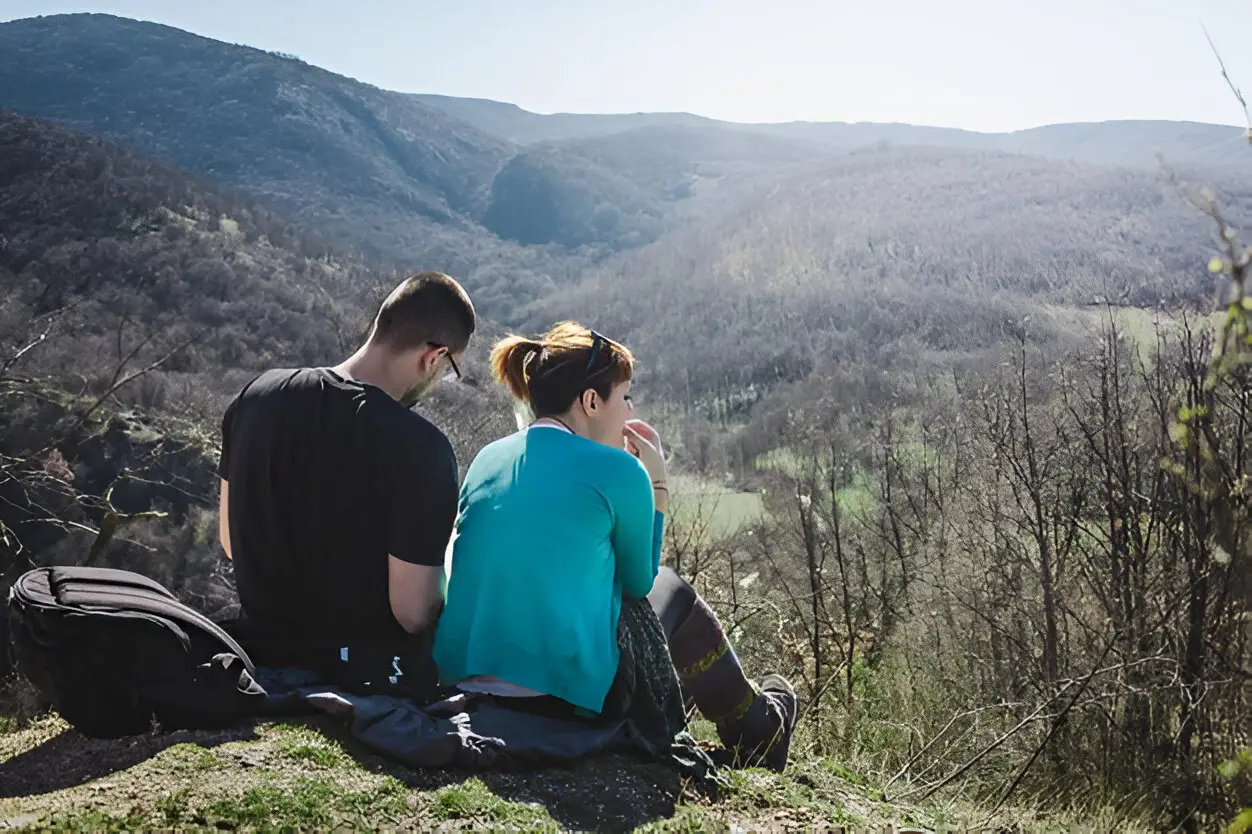Adventure therapy stands at the intersection of psychological treatment and outdoor experiences, presenting a unique approach to recovery. The wilderness, with its inherent challenges and tranquility, provides an ideal setting for therapeutic interventions that blend physical activity, nature, and mental wellness counseling. This nature-centric therapy has gained attention for its effectiveness in improving emotional well-being, enhancing social skills, and fostering personal growth. Below, we uncover the depths of this therapeutic modality and its profound impact on individuals embarking on journeys of healing.
Exploring the Core Concepts of Wilderness Therapy
At its heart, wilderness therapy is a process-driven form of psychotherapy that combines experiential activities with nature-based settings. The wilderness acts as a therapeutic landscape where participants are encouraged to step out of their comfort zones, facing challenges that mirror life’s complexities. By navigating through these outdoor challenges, individuals develop resilience and problem-solving skills that are vital for recovery.
Unlike traditional therapy sessions, adventure therapy is conducted in dynamic environments that elicit genuine emotional responses and spontaneous interactions among participants. On these adventures, a therapist guides the group, facilitating discussions that connect experiences with overall well-being. A great option for outdoor therapy includes Legacy Outdoor Adventures. Such a setting removes the feeling of confinement often associated with clinical environments, providing participants with a sense of freedom to explore their thoughts and emotions through outdoor adventures.
The variety of activities in wilderness therapy can range from rock climbing and hiking to ropes courses and kayaking. The goal is not just to engage in physical activity, but to use these experiences as metaphors for real-life obstacles and achievements. The approach aims at holistic wellness, incorporating therapeutic principles into each aspect of the adventure.
The Role of Nature in Mental Health and Recovery
Nature’s role in mental health has been recognized for centuries, with natural settings providing a backdrop for relaxation and reflection. Wilderness therapy harnesses the restorative powers of the outdoors, where the sensory experience of being immersed in nature can have calming effects on the mind. It allows individuals to disconnect from stressors and technological distractions, facilitating a deeper connection with their inner selves.
Beyond tranquility, the unpredictability of nature requires adaptability and resilience—skills that are transferable to coping with life’s stressors. Exposure to natural environments during therapy can bolster an individual’s ability to navigate emotional landscapes as well. The fresh air, openness, and beauty of the wilderness serve as natural companions in the therapeutic process, enabling individuals to find a sense of peace and clarity.
Ecotherapy, a branch closely related to wilderness therapy, focuses specifically on the healing power of nature by itself. Ecotherapy encompasses a wide array of practices, from conservation activities to meditation in natural settings. When combined with the active and challenging elements of outdoor therapy, ecotherapy principles amplify the therapeutic benefits of the outdoors.
Wilderness Therapy Techniques and Their Psychological Benefits
Outdoor therapy employs a diverse array of techniques designed to engage clients on multiple levels. For example, trust-building exercises, such as tandem blindfolded hiking, foster reliance on peers and the development of interpersonal skills. Reflective storytelling around a campfire encourages participants to open up and share personal narratives, promoting empathy and mutual support within the group.
Goal-setting is another prominent aspect of outdoor therapy. Participants work towards attaining objectives throughout their activities, paralleling the goal-setting practices useful in daily life. Accomplishing physically demanding tasks in nature instills a sense of achievement and reinforces one’s self-efficacy, which is vital for mental wellness recovery.
Mindfulness techniques are seamlessly interwoven with outdoor therapy activities. Participants may engage in mindfulness while sitting beside a flowing stream or during a silent hike, each activity is chosen to cultivate presence and focus. By drawing attention to the moment and surroundings, individuals learn to manage stress and quiet the mind.
Overall, outdoor therapy is a powerful part of the mental recovery process, offering unique experiences that foster growth, resilience, and wellness. As more individuals share their successes, the integration of these nature-based therapies within broader treatment strategies continues to gain momentum. Altogether, the blend of wilderness experiences with professional guidance holds a special place in the landscape of mental treatment, promising new horizons for those on a journey to wellness.










